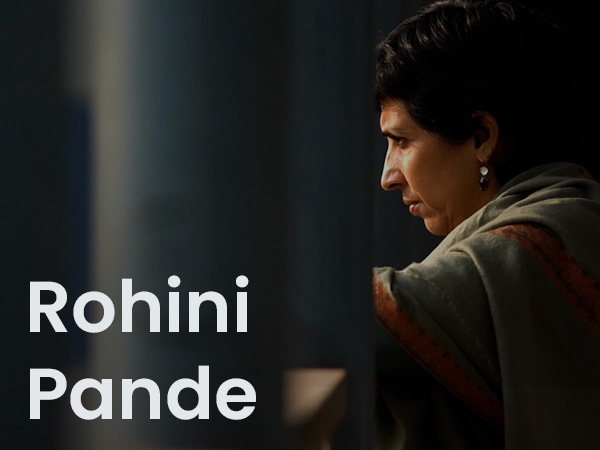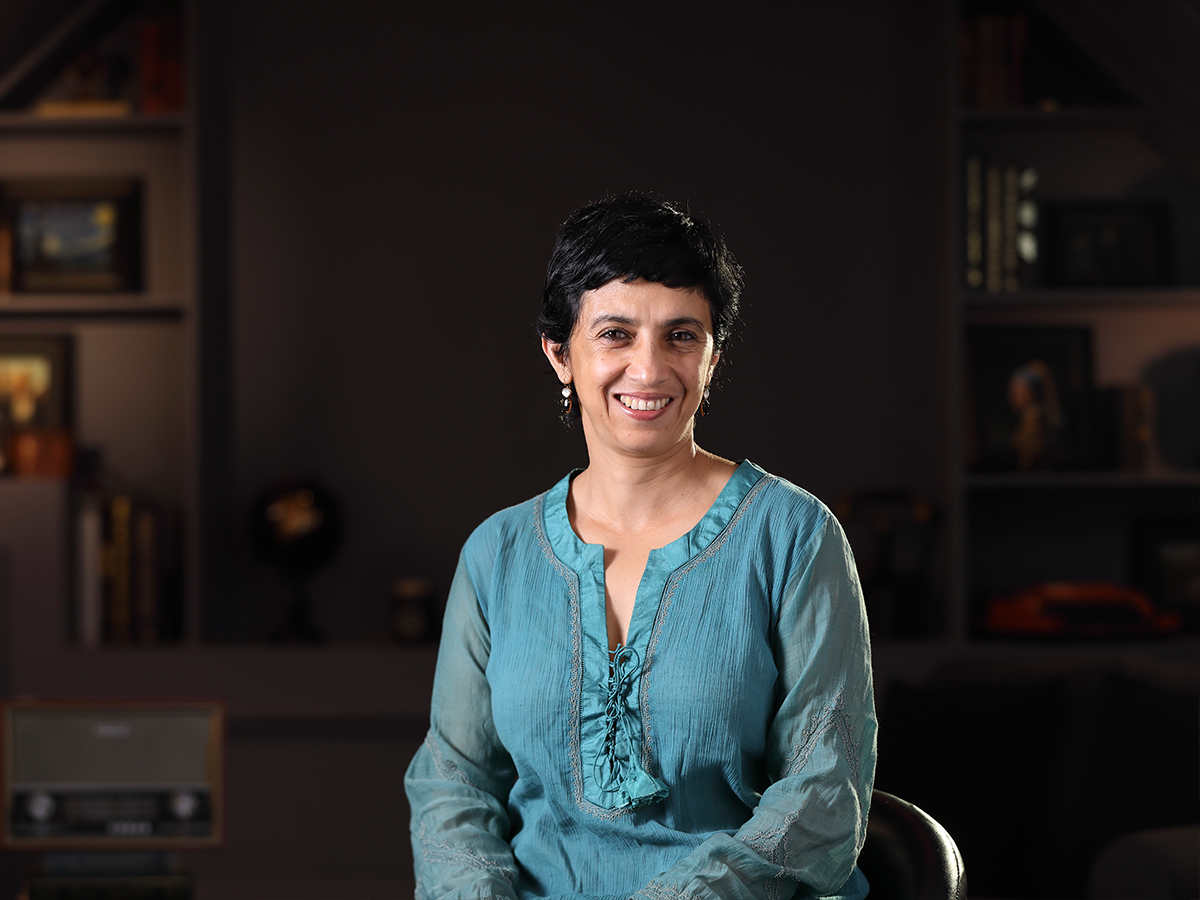The Infosys Prize 2022 in Social Sciences is awarded to Prof. Rohini Pande for her outstanding research on subjects of key importance, including governance and accountability, women’s empowerment, the role of credit in the lives of the poor, and the environment. Her empirical findings, based on diverse methodologies, offer major promise and potential for policy design in emerging economies, including India.
Infographic:
Poverty, inequality, and the climate emergency
Scope and Impact of Work
Prof. Rohini Pande is an outstanding applied economist. Her work shows command over all modern empirical methods for finding or creating exogenous variation in the data and thereby achieving identification of cause and effect: Natural variation from policy reforms, field experiments, creative use of administrative and survey data and structural estimation. Much of her research focuses on India, a significant proportion is about gender issues. The questions are motivated by India’s key challenges, such as governance, institutions and the functioning of democracy, women’s empowerment, credit constraints for the poor and, lately, the environment. Her work is of outstanding quality and has appeared in leading journals, such as American Economic Review, Econometrica, Quarterly Journal of Economics, and Science.
In work studying the effect of mandated representation of women and marginalized groups in local government, Prof. Pande finds that the mandates improved the chances of such candidates winning elections even after the mandates were lifted, and had significant role model effects on younger generations’ aspirations and educational attainment. Furthermore, exposure to female politicians reduced gender stereotypes.
In a highly cited paper on bank expansion in rural India, Pande finds that this significantly reduced rural poverty, without affecting urban poverty, through increased deposit mobilization and credit disbursement by banks in rural areas. Her work on microfinance has helped better understand the role of repayment flexibility, the importance of social interactions and the extent to which within-household dynamics may limit returns to capital for female entrepreneurs.
In a paper examining why Indian children are significantly shorter than ones in many even poorer countries, Pande finds a steep downward slope in heights across birth order, and pins this down to cultural preference for a healthy eldest son.
Bio
Rohini Pande is Henry J. Heinz II Professor of Economics at Yale University and Director of their Economic Growth Center. Educated at St. Stephen’s College, Delhi (B.A.), Oxford (M.A.), and London School of Economics (Ph.D.), Prof. Rohini Pande held a chaired professorship at Harvard and, prior to that, was at Columbia and Yale. Prof. Pande has been a visiting professor at many leading universities and institutes, including Chicago, Stanford, and London School of Economics.
In 2018 Prof. Pande received the American Economic Association’s Carolyn Shaw Bell Award for furthering the status of women in the economics profession. She was a Rhodes Scholar (1992-4), and is a Fellow of the Econometric Society and a member of the American Academy of Arts and Sciences. Pande has served on the editorial boards of several major journals, and on the boards of top research institutes in development economics.
Timeline
Jury Citation
Prof. Rohini Pande is a productive and versatile economist. Her work is globally recognized and highly regarded, and covers many areas of vital interest to India: Democracy and governance; mandates for greater political representation of women and marginalized groups; women’s empowerment and family issues; greater rural access to, and information about, financial institutions; microfinance and credit availability for the poor; and the environment.
Prof. Pande conducts this research using multiple types of data– administrative and survey– and employing different methods to identify causal effects – from naturally occurring variations from policy reforms to randomized field trials. Her findings are published in top journals in economics and also in general interest journals. They have important lessons for governance, institutions and development policies.
Rohini Pande has received several honors and prizes. The Infosys Prize should serve to inspire all young Indian researchers, and women in particular.

Impacting India's Poverty and Development Economics landscapes
“Rohini Pande, the winner of this year’s Infosys Prize in Social Sciences, is one of the world’s leading economists undertaking empirical research on a remarkable range of topics of importance to developing nations. Rohini’s creativity, grit, and prolific research output are not only of great value to all emerging economies, including India, but an inspiration for young economists venturing into the exciting world of research. Congratulations, Rohini.”



